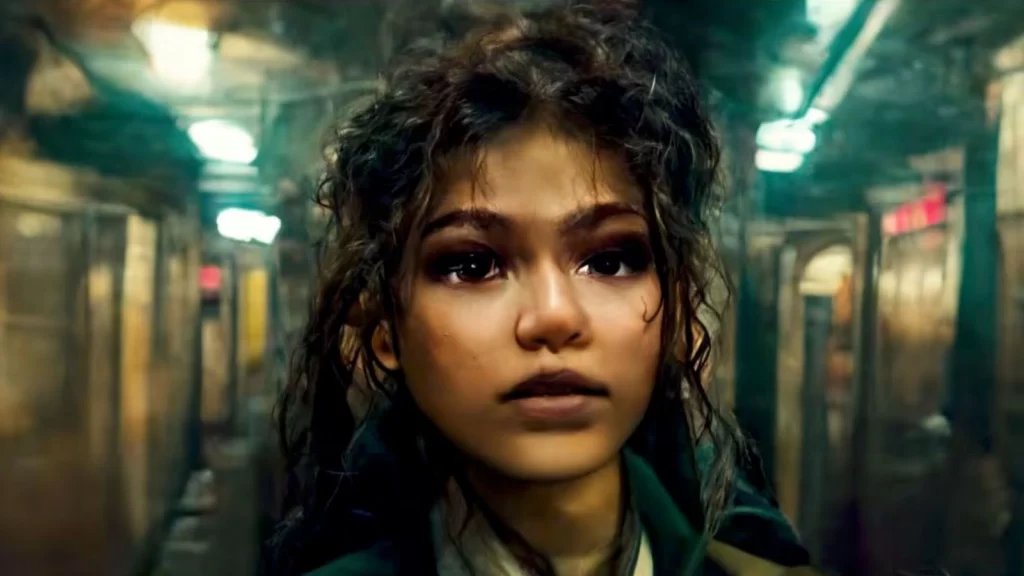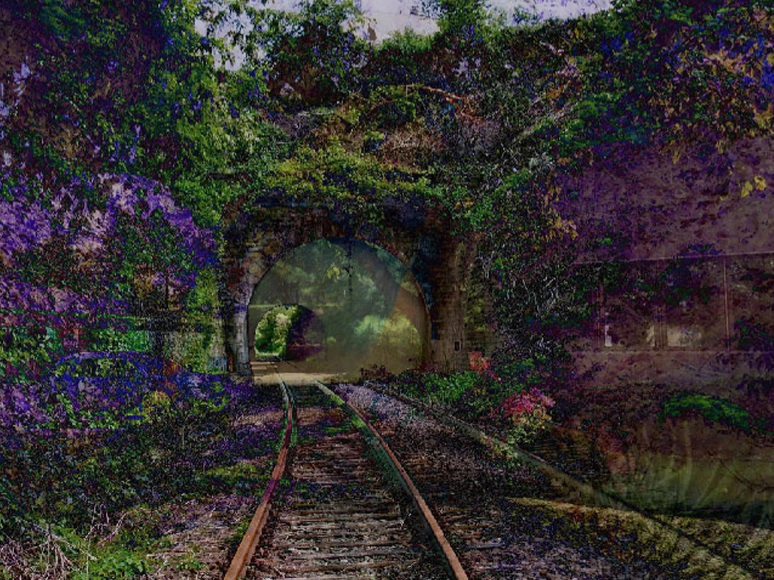The U.S. Copyright Office (USCO) has noticed the increased number of copyright applications that contain or include AI-generated works and has launched an initiative to examine the copyright law and policy issues raised by the use of AI.
1. The Initiative
The USCO has created the Copyright and Artificial Intelligence webpage as a hub for AI-related developments in copyright. Here you can find all past events on the matter, and register to current and future events, as well as relevant cases and publications. In particular, the USCO is planning four public listening sessions, as detailed below, at the end of which it will publish a notice of inquiry seeking public input on issues of AI in copyright.
- April 19, 2023 – Literary Works, Including Software Listening Session
- May 2, 2023 – Visual Arts Listening Session
- May 17, 2023 – Audiovisual Works Listening Session
- May 31, 2023 – Music and Sound Recordings Listening Session
While the deadline to register as speakers for the first two events has passed, anyone can register to attend and listen to the four public sessions.
2. The Guidance
The USCO has also published a guidance on the application of copyright law to AI-generated works. Here are the main points:
- a) The USCO clarified once again that “copyright can protect only material that is the product of human creativity.” Non-humans, such as AIs, cannot be “authors” under copyright law. Therefore, copyright can only be claimed on works created by a human.
- b) In evaluating work submitted for registration, the USCO will focus on whether the traditional elements of authorship, i.e. “literary, artistic, or musical expression or elements of selection, arrangement, etc.,” are created, conceived and executed by the AI, or by a human with the assistance of the AI as a tool. In the former case, there is no human authorship and thus the work is not registrable. Therefore, if the human gives an input to the AI but has no creative control over the traditional elements of authorship, then there is no copyrightable work. Cases will necessarily need to be assessed case-by-case depending on how each AI works.
- c) When submitting an application, applicants must disclose the inclusion of AI-generated content in the work and briefly explain the human author’s contributions to the work.
3. Relevant Cases
“Zarya of the Dawn” – The applicant submitted a compilation of AI-generated images. While the images themselves lack human authorship and cannot be registered, the text, selection and arrangement of the work are authored by the applicant and protected by copyright.
“A Recent Entrance to Paradise” – a 2D artwork entirely and autonomously authored by an AI cannot be registered and is not protected by copyright.
These decisions are in line with the clarification that works created by animals, such as a selfie taken by a monkey, lack human authorship and are not copyrightable, as reiterated in the USCO Compendium.

An AI-generated pic from “Zarya of the Dawn”.

This is the 2D artwork entirely, and autonomously, authored by an AI: “A Recent Entrance to Paradise”.